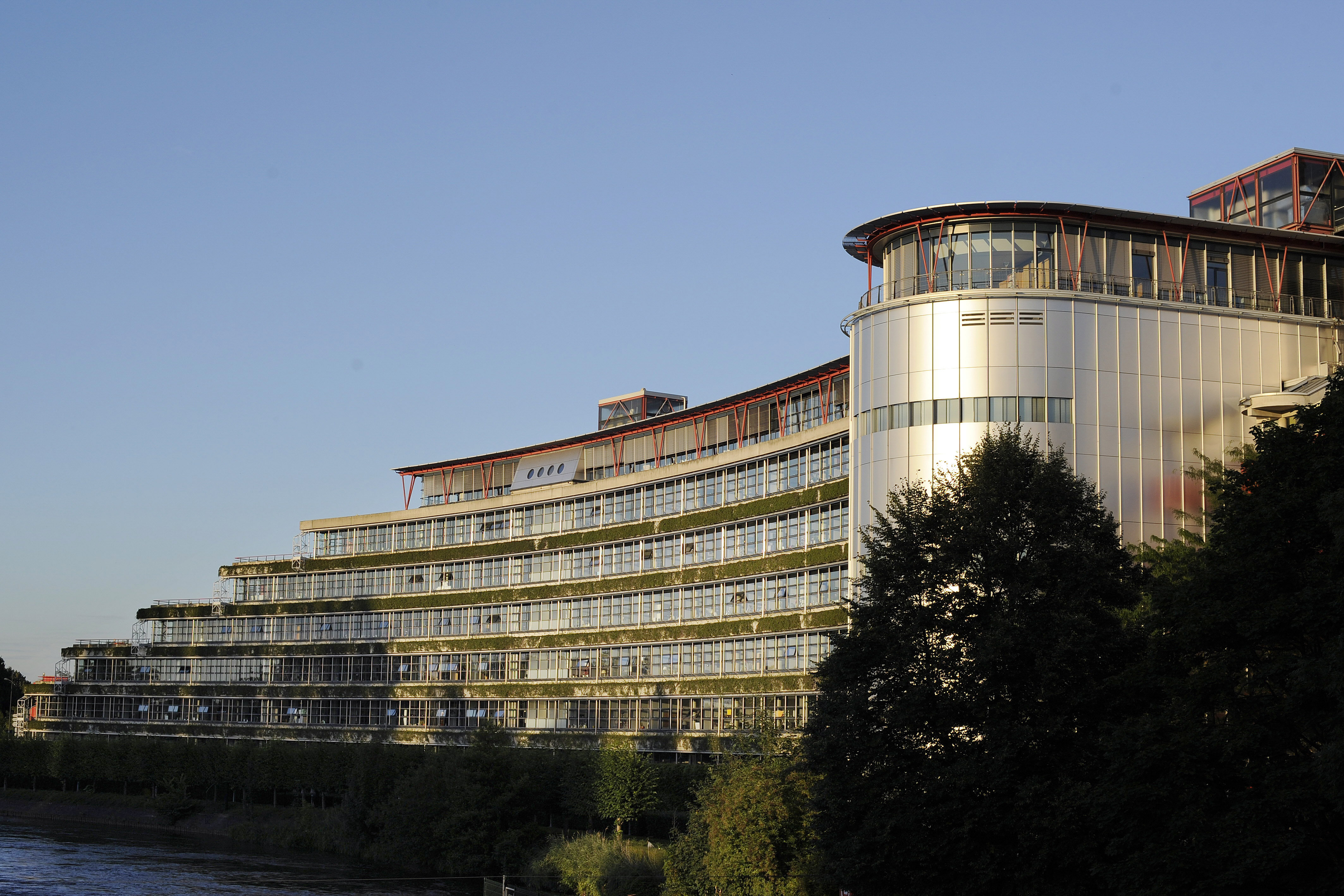MOSCOW, March 31 – RAPSI. The European Court of Human Rights (ECHR) ordered Russia to pay nearly 4.9 million euros in damages to claimants in 2015, the annual report of the Council of Europe’s Committee of Ministers reads.
Russia made it to the third place after Albania with 9.4 million euros and Cyprus with 8.8 million euros.
It is worth noting that in 2014 the court ruled against Russia and awarded shareholders in Yukos nearly 1.9 billion euros which was more than 90% of the total for all countries.
A certain progress was reached as concerned timely payments, according to the report. In 2015, Russia paid just satisfaction (compensation) on time in 95 cases compared to 30 cases in 2014.
Russia (1,549) was third after Italy (2,421) and Turkey (1,591) among the countries with the highest number of pending, or not executed, cases. There was registered an increase by 5% compared to last year figures when there were 1,474 cases against Russia pending.
The report says that Russia had the largest share of cases under enhanced supervision, i.e. revealing structural and complex problems. Thus, Russia accounted for 16% of all cases under enhanced supervision, followed by Ukraine with 15% and Turkey with 10%.
The largest categories of leading cases, i.e. those raising new issues, under enhanced supervision by the Committee of Ministers included cases relating to the actions of security forces (17%), poor detention conditions (13%), excessive length of judicial proceedings (9%) and unjustified detention (9%).
It should be noted that at the end of 2015 Russia's Constitutional Court was granted the right to recognize decisions of international courts, including Strasburg based ECHR, as non-executable. The legislation was developed taking into account the respective Constitutional Court’s ruling establishing that each case of ECHR decision implementation should be reviewed individually and these decisions should be executed only on the principle of supremacy of the Russian Constitution.
The Council of Europe has expressed its concerns in relation to this legislation.
At the same time, the report indicates some positive legislative trends concerning detention, enforcement of court orders, defamation issues. Notably, Russia's Supreme Court issued guidelines according to which officials should acknowledge that they are subject to public scrutiny and criticism, particularly in mass media.



